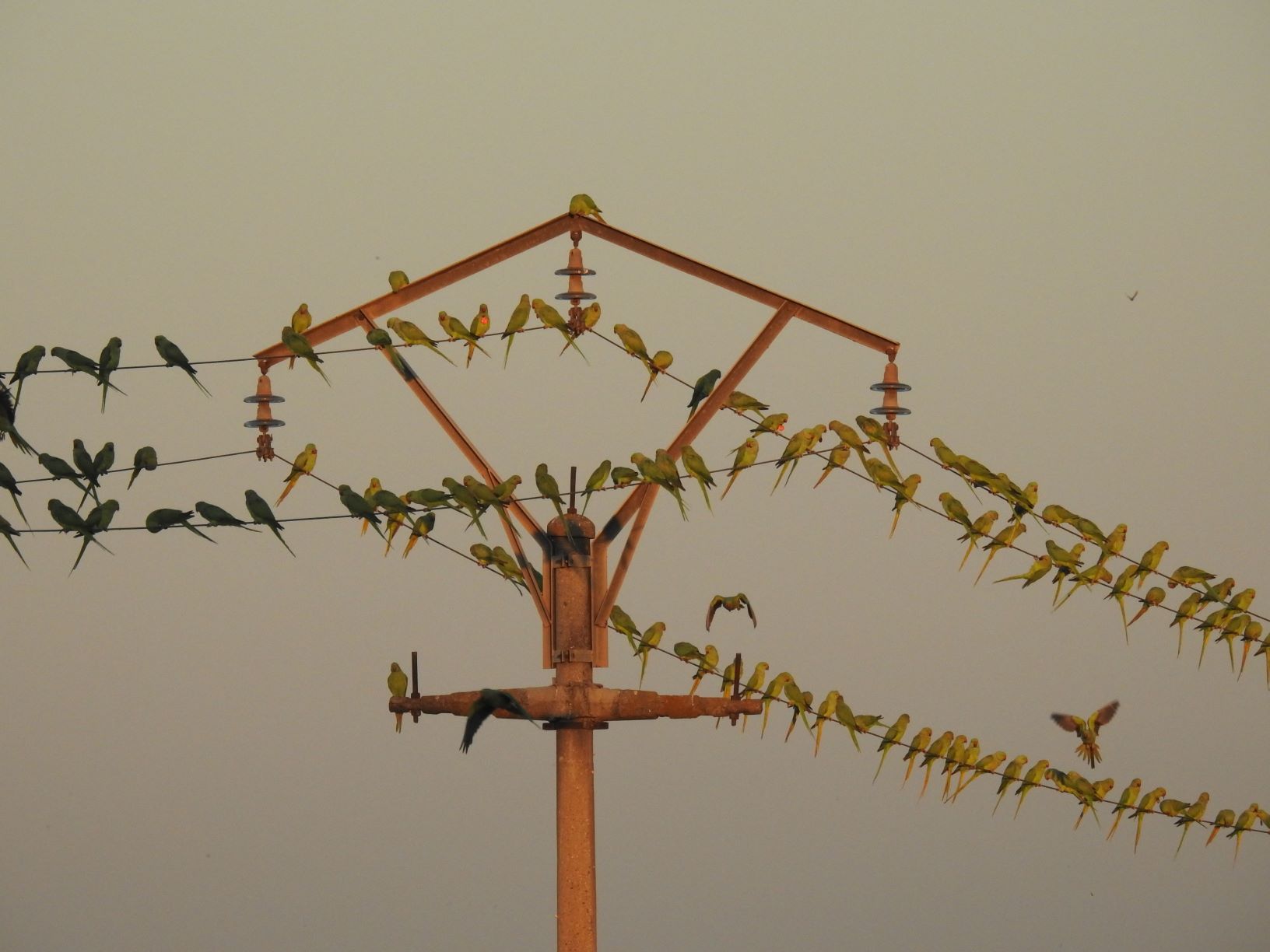Biological invasions are a global consequence of an increasingly connected world and the rise in human population size. The numbers of invasive alien species – the subset of alien species that spread widely in areas where they are not native, affecting the environment or human livelihoods – are increasing. Synergies with other global changes are exacerbating current invasions and facilitating new ones, thereby escalating the extent and impacts of invaders. Invasions have complex and often immense long-term direct and indirect impacts. In many cases, such impacts become apparent or problematic only when invaders are well established and have large ranges. Invasive alien species break down biogeographic realms, affect native species richness and abundance, increase the risk of native species extinction, affect the genetic composition of native populations, change native animal behaviour, alter phylogenetic diversity across communities, and modify trophic networks. Many invasive alien species also change ecosystem functioning and the delivery of ecosystem services by altering nutrient and contaminant cycling, hydrology, habitat structure, and disturbance regimes. These biodiversity and ecosystem impacts are accelerating and will increase further in the future. Scientific evidence has identified policy strategies to reduce future invasions, but these strategies are often insufficiently implemented. For some nations, notably Australia and New Zealand, biosecurity has become a national priority. There have been long-term successes, such as eradication of rats and cats on increasingly large islands and biological control of weeds across continental areas. However, in many countries, invasions receive little attention. Improved international cooperation is crucial to reduce the impacts of invasive alien species on biodiversity, ecosystem services, and human livelihoods. Countries can strengthen their biosecurity regulations to implement and enforce more effective management strategies that should also address other global changes that interact with invasions.informacion[at]ebd.csic.es: Pyšek et al (2020) Scientists' warning on invasive alien species. Biological Reviews. DOI 10.1111 / brv.12627
https://onlinelibrary.wiley.com/doi/full/10.1111/brv.12627

 Las altas temperaturas están provocando que las lagunas y las marismas de Doñana pierdan agua rápidamente
Las altas temperaturas están provocando que las lagunas y las marismas de Doñana pierdan agua rápidamente




